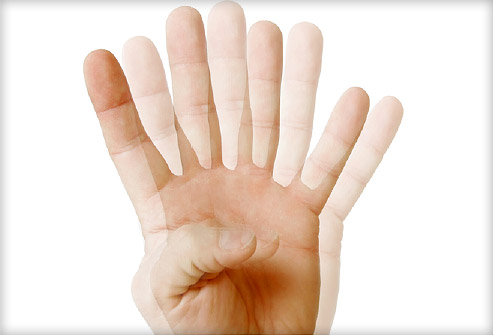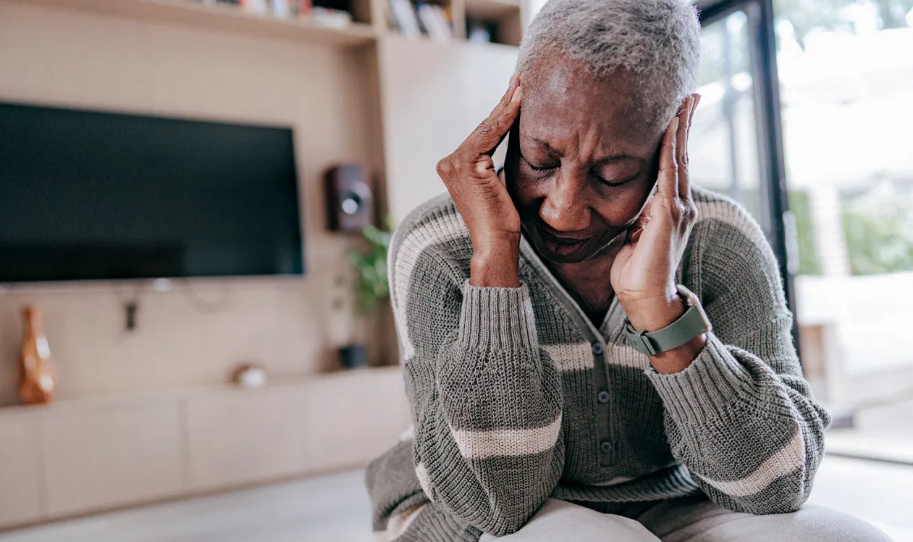When it comes to getting help when someone is having a stroke, time is of the essence. Every second that passes without treatment can have crucial repercussions. Without immediate treatment, adverse effects can occur, like memory loss, paralysis, speech challenges, and cognitive decline.
According to the Centers for Disease Control and Prevention (CDC), patients who received treatment within three hours of the start of a stroke often have fewer disabilities than people who delayed emergency treatment. Unfortunately, many people delay getting help because they deny, ignore, or are not aware of stroke symptoms.
Many of us may not be in the age demographic commonly affected by stroke but it is likely that we have ageing parents or loved ones and it is therefore important that everyone is able to recognize the signs of a possible stroke.
When a stroke occurs, the brain is affected. Because the brain controls our movements, memories, and language, a stroke impacts the ability to speak, move, and think.
A stroke is not something to ignore and should always be regarded as an emergency. The sooner a person receives medical treatment, the better. It is not advisable to wait to see if the symptoms resolve spontaneously. All efforts should be made to seek urgent medical attention. Here are four common stroke signs/symptoms.
Slurred Speech and facial droop
Slurring of speech can be caused by certain insults to the brain including a stroke or heavy alcohol consumption. In the absence of alcohol consumption, a stroke is the most likely cause for slurring of speech. Especially if they also have facial drooping, the face may have dropped on 1 side, the person may not be able to smile, or their mouth or eye may have dropped. If you or someone you know is experiencing slurred speech and face droop, it’s time to rush them to the hospital or call an ambulance.
Double Vision
Vision problems tend to occur as people age. These changes are typically gradual and hardly occur suddenly. Sudden vision changes, however, can signal a stroke event. A person who suddenly has double vision, blurriness, or vision loss may be experiencing a stroke. When a stroke occurs, it can affect the blood vessels carrying blood and oxygen to the eyes, leading to abrupt vision changes. Seeing double — and other sudden vision changes — can be a sign of stroke and should not be ignored.

Limb weakness
Stroke can cause a person to be unable to lift both arms and keep them there because of weakness or numbness in 1 arm. This applies to both arms and legs. Numbness or a loss of sensation in an arm or a leg can also lead to problems with standing and movement and is a sign of a stroke. If you or someone you know hasn’t had any alcohol and suddenly feels tipsy, dizzy, and starts to stumble or can’t coordinate movements, call an ambulance immediately.
The American Stroke Association uses an acronym to help people spot signs of a stroke: FAST.
- Face drooping
- Arm weakness
- Speech difficulty
- Time to call and ambulance/rush to the hospital

Knowing the signs of a stroke event allows people to get immediate help. Don’t ignore the signs of a stroke, seek help right away.






